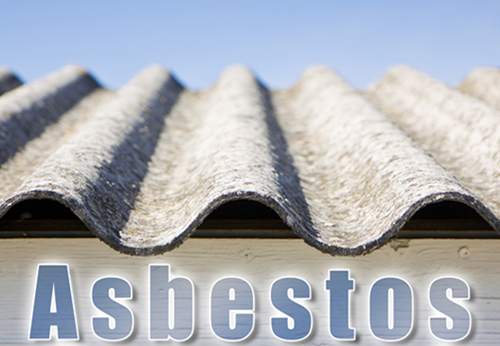In January 2024, the Mexican Congress proposed to amend its General Health Law to prohibit the extraction, production, import, export, sale, or distribution of asbestos and its products in the Mexican market, to safeguard public health and environmental safety.
Under the NOM-010-STPS-2014, the 'Exposure Limit Value' (VLE) for any asbestos is set at 0.1 f/cm³(fibers per cubic centimeter). However, the American research believes that this VLE is insufficient to safeguard the public health. Therefore, Mexico is now moving forward with a proposal to ban asbestos products entirely, driven by heightened concerns about public health and safety.

What is Asbestos?
As a group of naturally occurring fibrous minerals, asbestos was used in automobile, construction, and chemical industries for many years due to its particular properties such as high tensile strength, non-flammability, and chemical resistance. The main types of asbestos are:
- Crisotilo (white asbestos): Crisotilo is extensively used in products like asbestos cement and pipe joints;
- Amphibole asbestos: including Crocidolite, Amosite, Actinolite, Anthophyllite, and Tremolite. Amphibole asbestos is mainly used for insulation and automotive brakes.
However, all forms of asbestos are carcinogenic to humans and asbestos exposure will lead to serious health problems, including lung cancer, mesothelioma, asbestosis, and other respiratory diseases. Therefore, asbestos has been banned since the 1980s in many countries.
Global efforts to ban asbestos
In July 2023, the US Environmental Protection Agency (EPA) formulated new restrictions on asbestos under the Toxic Substances Control Act (TSCA) to limit the use of asbestos in specific products and processing technologies.
It is estimated that more than 60 countries have banned the use of asbestos, including Germany, Turkey, Japan, the UK, Spain, and Italy.
The World Health Organization (WHO) aims to completely end asbestos-related diseases via the following aspects:
- to end the worldwide use of all types of asbestos;
- to help countries replace asbestos materials with safer substitutes;
- to improve early diagnosis, treatment, and rehabilitation services for asbestos-related conditions; and
- to create registries of people exposed to asbestos and offer medical surveillance.
If you need any assistance or have any questions, please get in touch with us via service@cirs-group.com.
Further Information:

